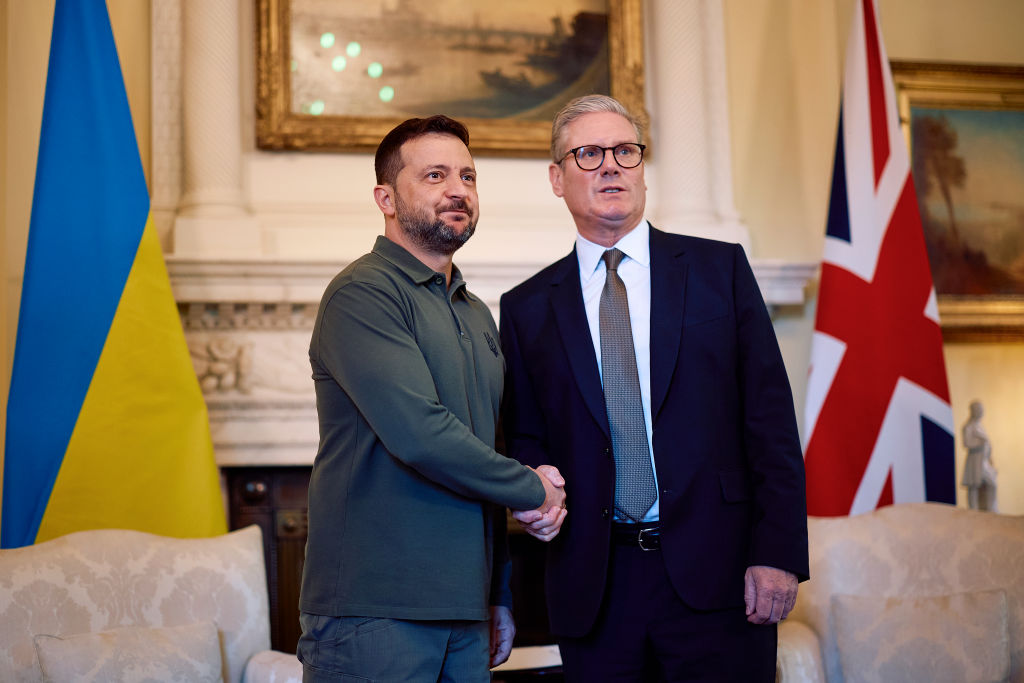European leaders are still in disarray in the wake of Donald Trump’s Ukraine interventions. Last week, the US President called Volodymyr Zelensky a dictator and excluded Ukraine from peace negotiations with Russia in Saudi Arabia. On Monday evening, the US twice sided with Russia over resolutions at the United Nations to mark the third anniversary of the war.
Responding to Trump’s comments, the UK this week announced what it claims are the largest sanctions against Russia since 2022. Yet British imports from Russia only amounted to $467 million in 2023-24, around 0.15% of Russia’s $310 billion total exports. Prime Minister Keir Starmer yesterday pledged to increase UK defense spending to 2.5% of GDP by 2027, some of which would be funded by cuts to international aid. This is still far off the 3.5% recommended earlier this month by ex-chief of the general staff Lord Dannatt, and miles off Trump’s much-touted 5% for Nato members.
At this stage, most serious analysts have concluded that sanctions on Russia have failed. They have failed to seriously damage the Russian economy, and they have certainly failed to deter Russia from military action in Ukraine or shut down its military machine. “Today’s measures will target funds going into Putin’s war chest and propping up Russia’s kleptocratic system,” the press release accompanying the sanctions states. Increasingly, the rhetoric in these statements resembles less policy language and more propaganda.
But what can the UK actually do? Starmer has this month floated the idea of deploying the British military to Ukraine. But it has quickly become clear that the country does not have the military capacity to intervene in any concerted manner. Some have suggested that Europe alone might be able to prop up Ukraine now that America is following its own path, but even with the major European powers involved there are unlikely to be sufficient troops. Poland, which has a standing army that could conceivably support Ukraine at least for a few more months, has explicitly stated that it will not be sending its troops.
The reality is that Starmer and his European friends’ project in Ukraine has run out of road. The British Government is therefore reduced to announcing inconsequential sanctions packages accompanied by increasingly shrill messaging. It now appears that the conflict has cost these countries the security guarantees from the United States, under the Nato umbrella, that they have jealously guarded for so long.
European leaders are now horrified that the United States would pivot so quickly in its international alliances. But this is often what happens when a war is lost, and it is becoming increasingly clear that the main loser of the Ukraine war, apart from Ukraine itself, is Europe.











Join the discussion
Join like minded readers that support our journalism by becoming a paid subscriber
To join the discussion in the comments, become a paid subscriber.
Join like minded readers that support our journalism, read unlimited articles and enjoy other subscriber-only benefits.
Subscribe